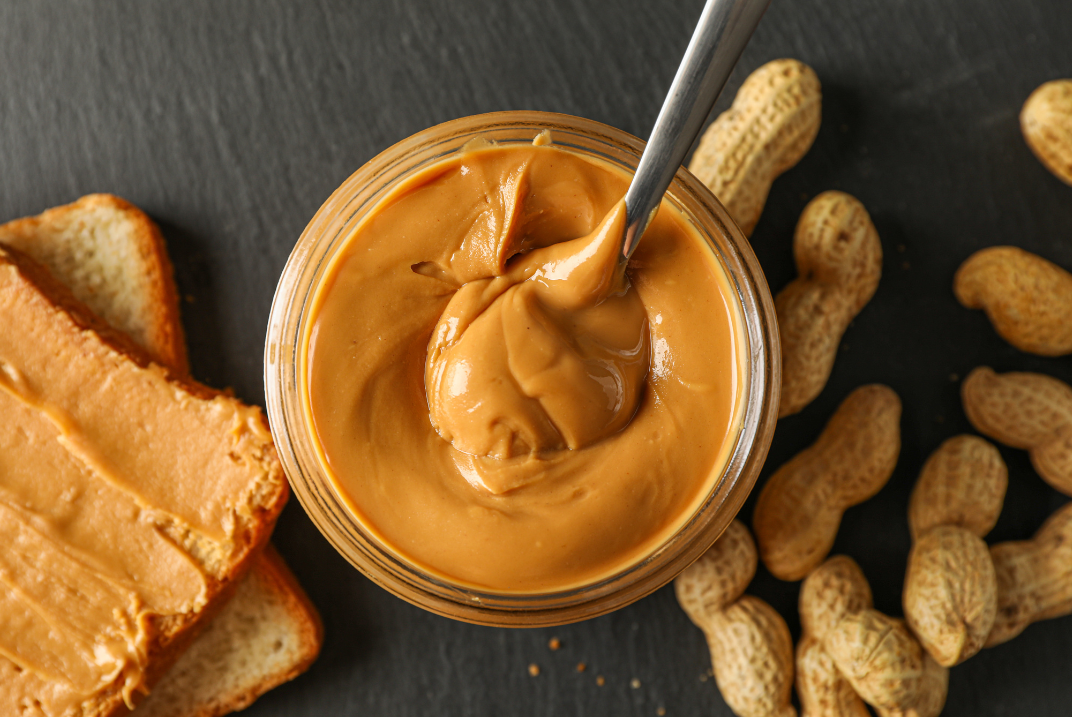Understanding peanut allergies & reducing risk

Peanut allergies are among the most common and severe food allergies, with an estimated one-in 50 children now affected in the UK. As with other allergies, they occur when the immune system mistakenly identifies peanut protein as harmful, triggering a range of symptoms from mild hives to life-threatening anaphylaxis.
What can be done to prevent peanut allergies?
There are many factors that are out of control that can influence the risk of developing peanut allergies, such as a family history of allergies, our age (young children are more susceptible) and being born prematurely. However, there are things we can do that may help reduce the risk of developing peanut allergies. These include:
1) Early exposure – research published in The Journal of Allergy and Clinical Immunology last year identified that by introducing smooth peanut butter to babies during weaning (from six months and when they are ready for solids), can reduce the occurrence of peanut allergy cases by 71%. This contradicts the long-standing advice of avoiding foods that can trigger allergies during early childhood. It is advised that weaning starts:
- from six months
- when the baby can stay in a seated position
- when the baby can hold their head steady, coordinate their eyes, hands and mouth so that they can look at their food, pick it up and put it in their mouth
- swallow food, rather than spit it out.
The quantity suggested is three heaped teaspoons of peanut butter per week, until the child is five. As peanut butter can be quite dry, it can be given with breastmilk.
2) Breastfeeding – supports the infant’s immune system, promotes a healthy gut microbiome, provides dietary allergens in a controlled manner and includes anti-inflammatory components. These factors collectively help in reducing the risk of all allergies in children, including peanut allergies.
3) Avoiding antibiotics – research published in the Journal of the American Medical Association in 2020 found an increased risk of food allergies in children who had been prescribed any of the commonly administered antibiotics, and particularly if they had taken multiple types of antibiotics in their first six months of life. Whilst in many instances antibiotics are an essential tool in the management of childhood illnesses, this research highlights the importance in using these medicines only when absolutely necessary.
Management of allergies at Castle Clinic
Do you suffer from a peanut allergy? Speak to our allergy specialist, Sandra Shackleton to discuss how best to manage and treat it. Book online or call 01423 787800 to find out more.
